Five Ways Textbooks Lie About Reconstruction
The Zinn Education Project’s Mimi Eisen critiques commonly used U.S. history textbooks’ coverage of Reconstruction.
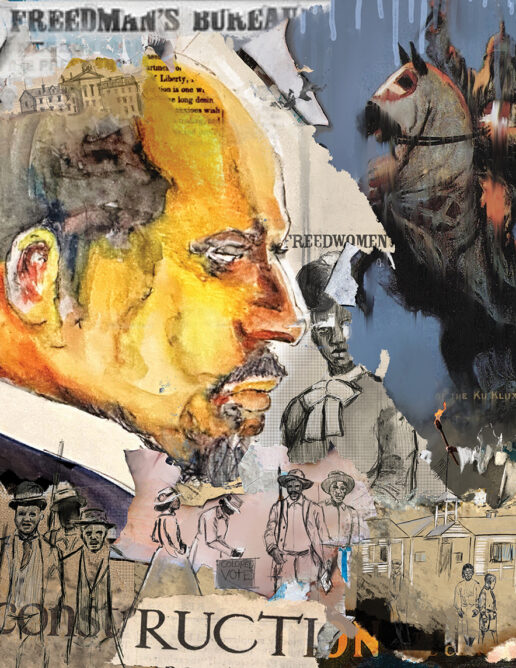
The Zinn Education Project’s Mimi Eisen critiques commonly used U.S. history textbooks’ coverage of Reconstruction.
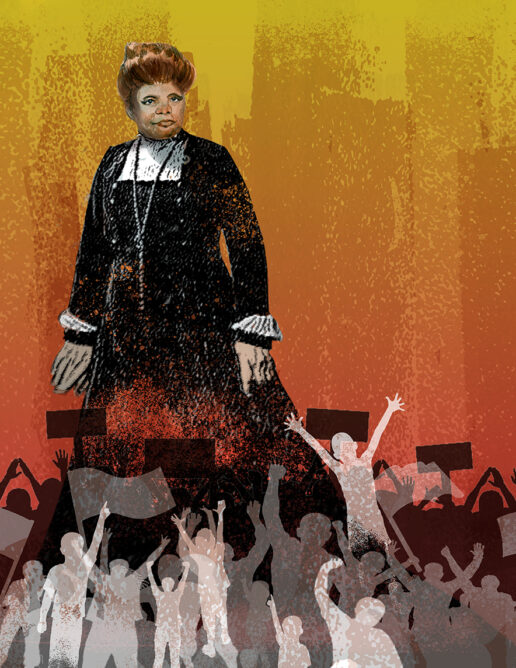
A high school social studies teacher describes his mixer lesson in which students learn about the radical Ida B. Wells by taking on roles from various times in her life.
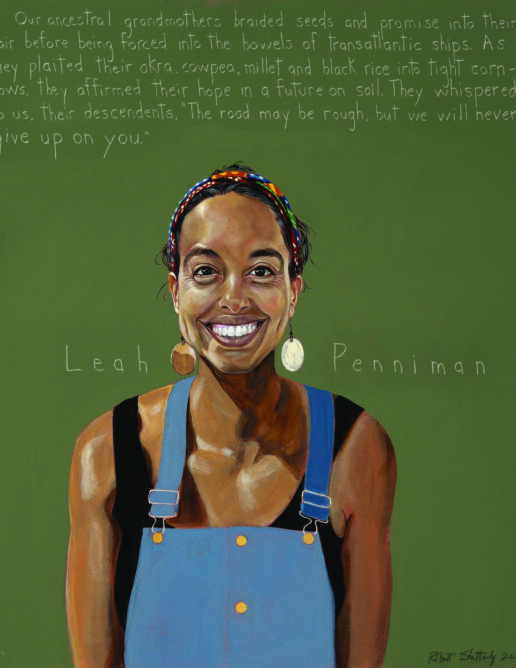
Dijour Carter refused to get out of the van parked in the gravel driveway at Soul Fire Farm in Grafton, New York. The other teens in his program emerged, skeptical, […]
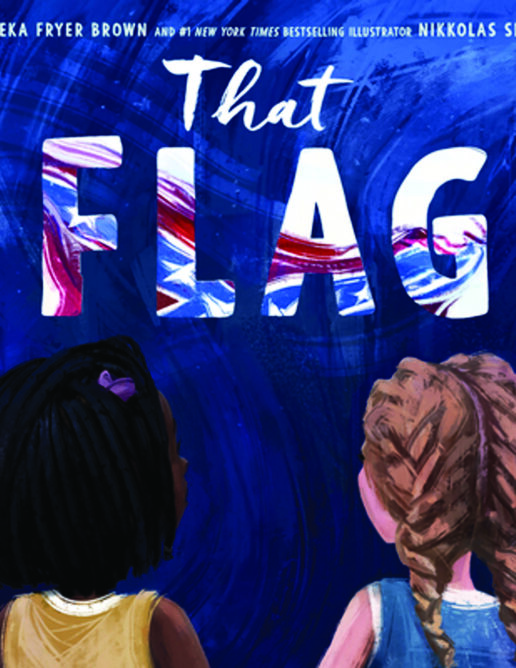
A teacher educator uses the excellent picture book That Flag to explore ways to address race and racism in the classroom.
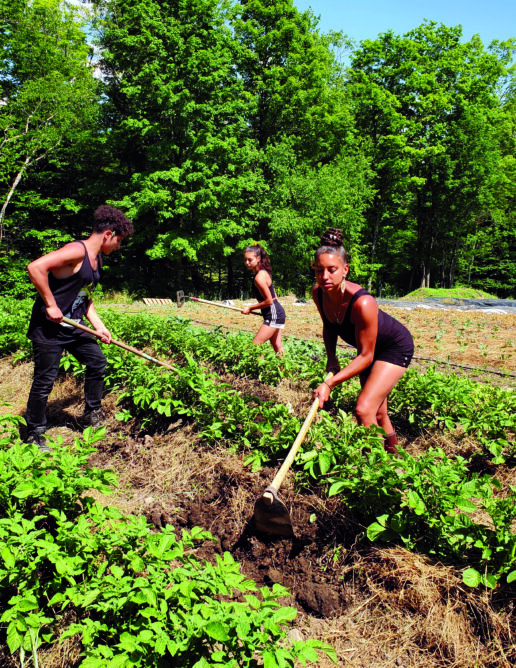
Swinehart highlights the work of Leah Penniman to teach about the connection between food and racial justice.
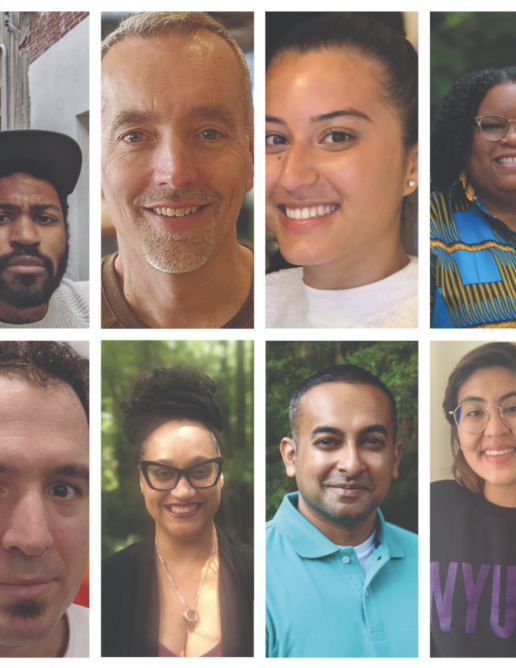
To respond to the right-wing legislation across the country, which attacks racial justice teaching, the Zinn Education Project organized a “Pledge to Teach the Truth” and invited educators to say […]
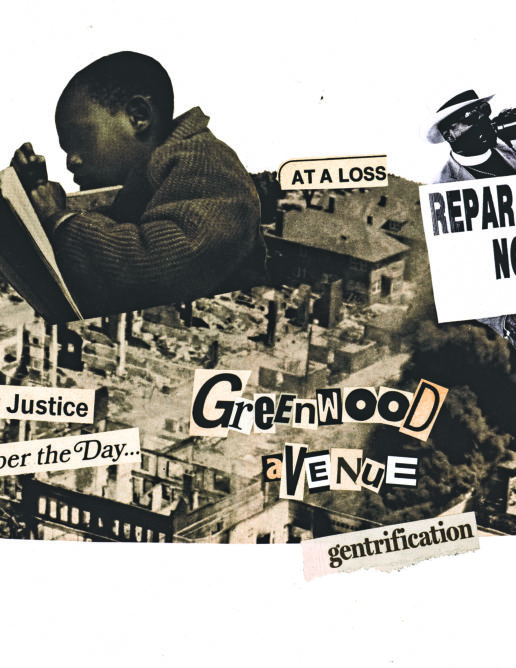
On May 31, 1921, white mobs terrorized the Black community of Greenwood in North Tulsa, Oklahoma. Known as Black Wall Street, the area teemed with prosperous businesses and cultural sites. […]
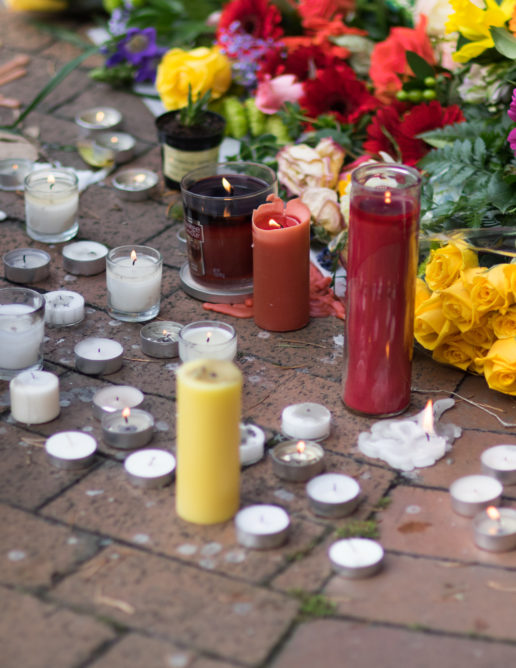
What is happening now is nothing new. The racism, the devaluing of life of Asian and Asian Americans, the dehumanizing of immigrant workers, the fetishism of — and violence toward — Asian women have been perpetuated throughout U.S. history.
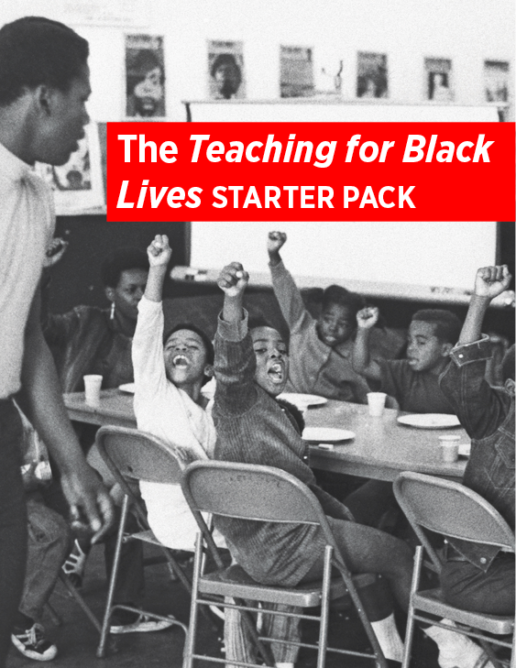
Get the free Teaching for Black Lives Starter Pack when you sign up today for email updates from Rethinking Schools.
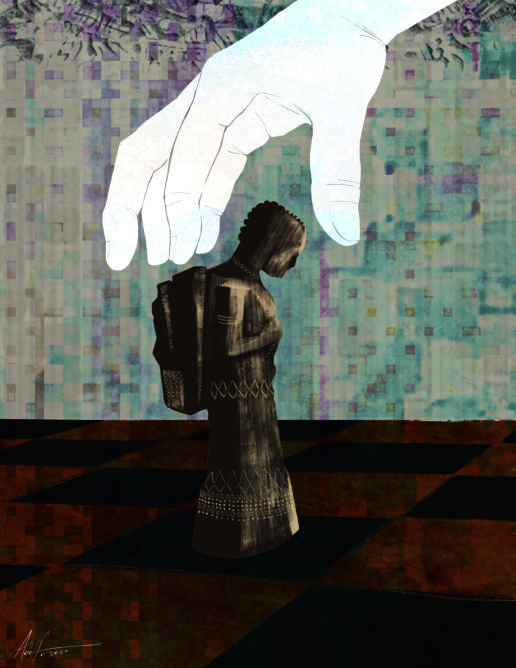
A teacher educator helps preservice teachers understand the history of how Mexican Americans have been racialized as Black and white at different times to keep them out of white schools.
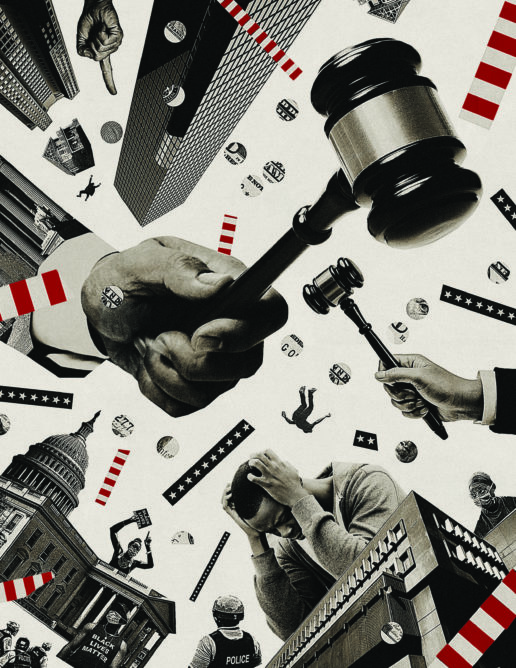
A middle school teacher organizes a tribunal for her students on responsibility for the COVID-19 crisis in the United States. Among those on trial are Mother Nature, Gen Z/Millennials, the Healthcare Industry, Racism and White Supremacy, the Chinese Government, the U.S. Government, and the Capitalist System.
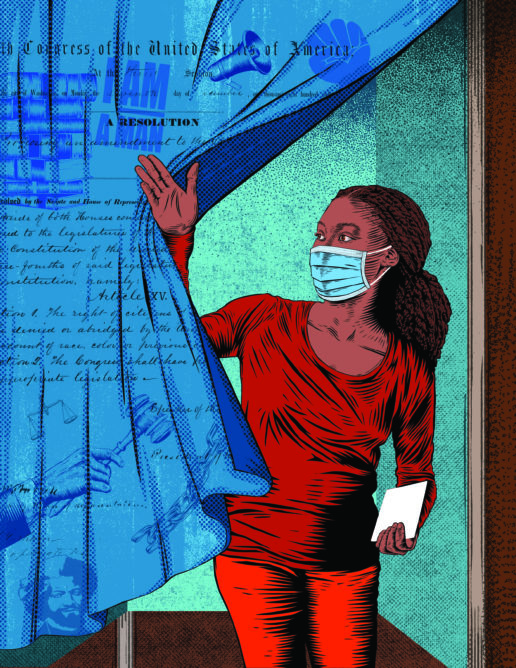
This year marks the 150th anniversary of the ratification of the 15th Amendment, which promised “the right of citizens of the United States to vote shall not be denied or […]
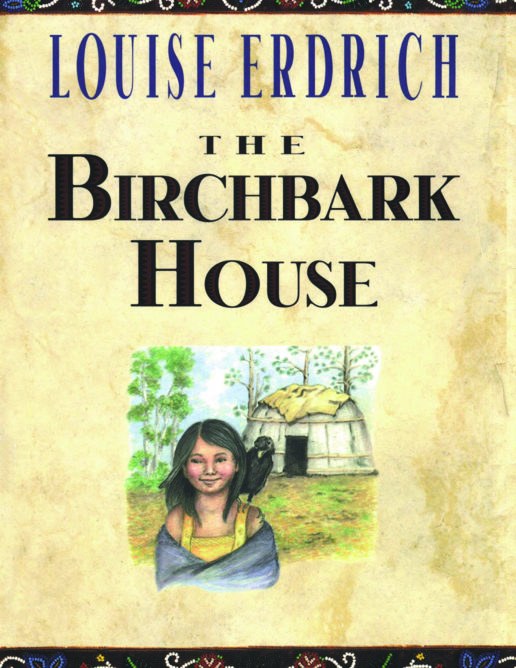
A teacher-librarian and parent writes about Louise Erdrich’s Birchbark series and how its stories of Indigenous life compare with the colonialism and racism of Laura Ingalls Wilder’s Little House books.
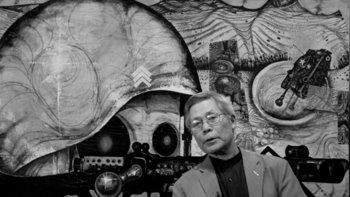
A film tackles the U.S. occupation of Japan.
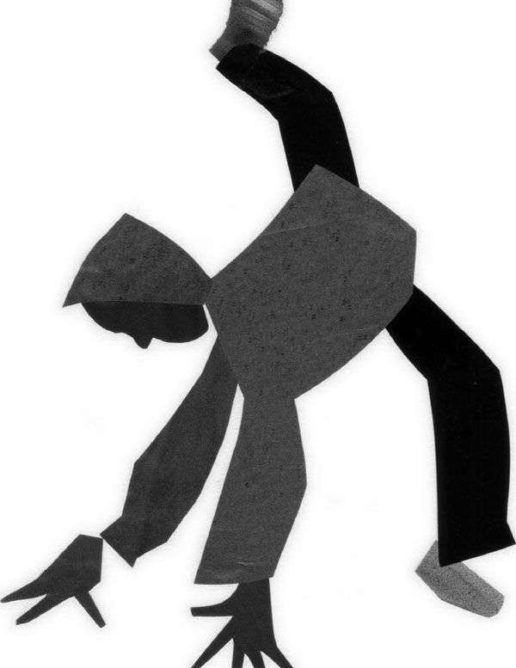
Hip-Hop: Beyond Beats and RhymesWritten and Directed by Byron HurtMedia Education Foundation, 200660 mins, DVD The Hip-Hop Education Guidebook Volume 1: A Sourcebook of Inspiration and Practical ApplicationEdited by Marcella […]
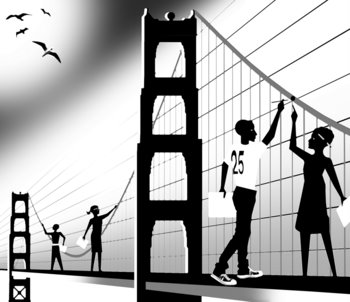
Media depictions of San Francisco show idyllic images of fog pouring under the Golden Gate Bridge or happy tourists riding cable cars, but rarely the mostly nonwhite neighborhoods of the […]
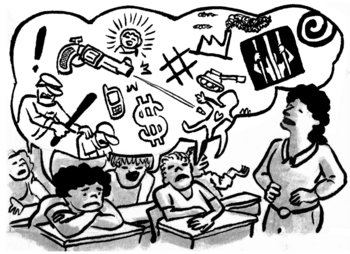
“Harm comes from prior harm.” As Deandra says this, I am sitting in the back of my classroom, taking notes. My students are sitting in a circle in the middle […]
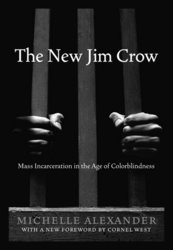
The author of The New Jim Crow: Mass Incarceration in the Age of Colorblindness applies her thought-provoking analysis to children, schools, and priorities for education activism.
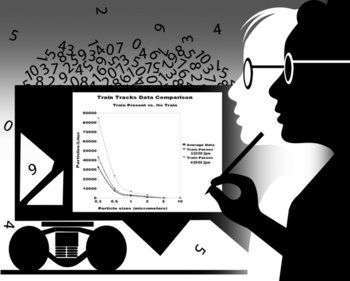
Ninth graders develop science literacy as they become neighborhood environmental experts and activists.
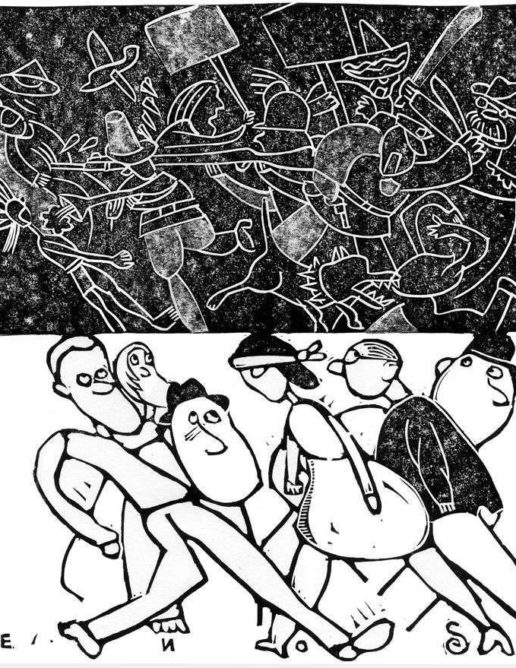
When texts don’t talk about racism
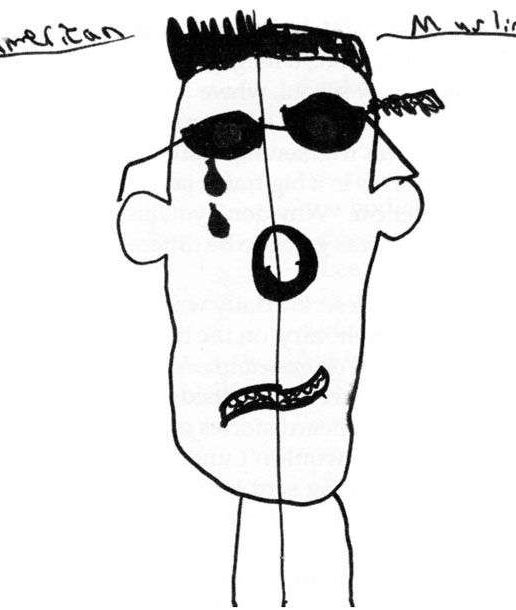
Michelle Fine describes the issues faced by U.S. Muslim-American youth following not only 9/11 but the U.S. invasion of Iraq.
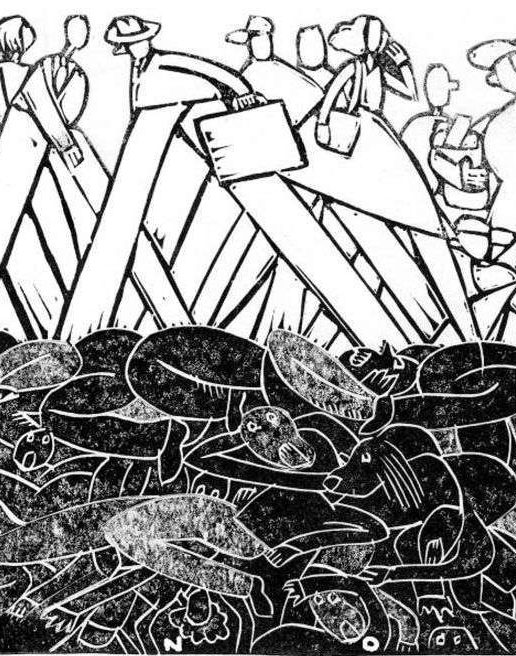
Supreme Court rulings affecting Louisville and Seattle could wipe out the last vestiges of the 1954 Brown decision.
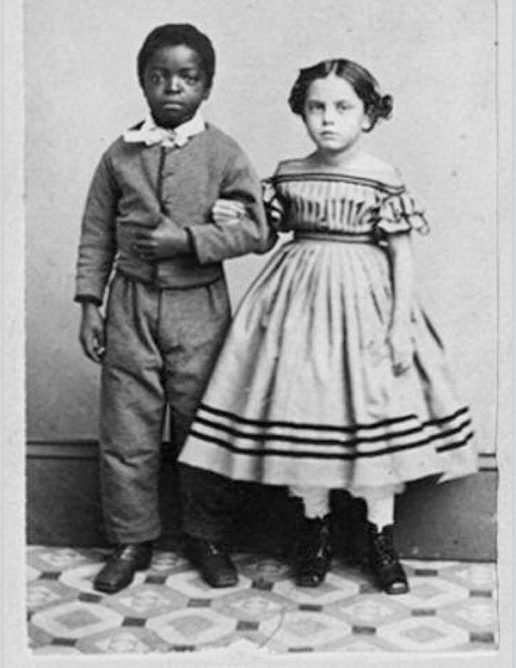
“Is Mr. Smith a White Guy?” I then changed the topic, volunteering to be a contemporary example. “OK, so the next question is: Is Mr. Smith a white man? Yes […]

Chicago’s renaissance” could mean dark age for city’s public schools.”
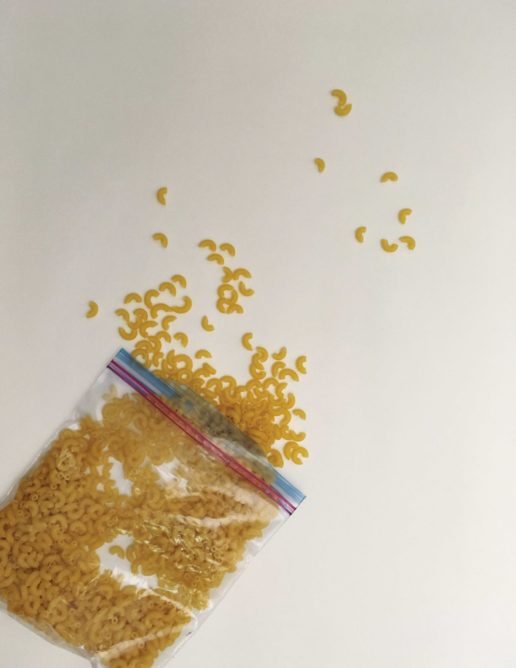
A 3rd-grade teacher uses thousands of pieces of macaroni to facilitate a lesson about fractions and to spur classroom conversations about wealth inequality.